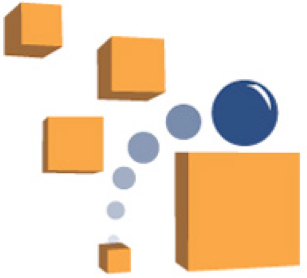
How the idea got started
Back in 2007, Mike Cohn, the author of Succeeding with Agile, asked me to lead a new effort to develop a program designed to recognize the efforts of those who were making a difference through deeper client engagements, essentially those who were ‘transforming the world of work.’
Working with Roger Brown, and a handful of our peers, we researched and evaluated the critical success factors that lead clients to success with agility. Through this effort, we combined success criteria across different dimensions and created a superset “high-bar” as the criteria for defining the Scrum Alliance Certified Scrum Coaching (CSC) Program – a bar set so high that some of us on the formation committee did not meet it.
For the past four years, we have applied this criteria to over 120 coaches across the globe. While we remain committed to the belief that the evaluation criteria and the subsequent high-bar are set at an appropriate level, we are recognizing that many effective agile coaches are operating below that bar.
How the program evolved
Lyssa Adkin’s has emerged as a leading voice in the agile coaching world with her recent book, Coaching Agile Teams. Her work has recognized many of the agile coaching competencies in the “doing” and “being” of an agile coach involve mentoring, facilitating, problem-solving, and conflict navigating as necessary competencies. These are necessary competencies of an agile coach, and part of our critieria in evaluating CSC candidates. In our research, however, these competencies are not sufficient to drive client success – additional competencies are required.
Inspiring effective organizational change requires an intimate awareness of and engagement with the culture, systems, and leadership within an organization – in essence, it requires a deeper knowledge of the organizational ecosystem and patterns to enact an organizational transformation. Thus, the CSC program was designed to evaluate a coach’s awareness of, and experience with, these dimensions.
The Leading/Coaching Agile Organizations Master Workshop evolved out of our experiences incorporating these organizational dimensions and through our evaluation of the multitude of coaches engaged in organizational change around the globe.
How the program is structured
Leading/Coaching Agile Organizations focuses on the coach as leader – and leader as coach – in engaging the leadership, system, and cultural layers of an organization. It leverages numerous models in each dimension and provides real corporate case studies to show how each has been applied in transition and growth of agility.
